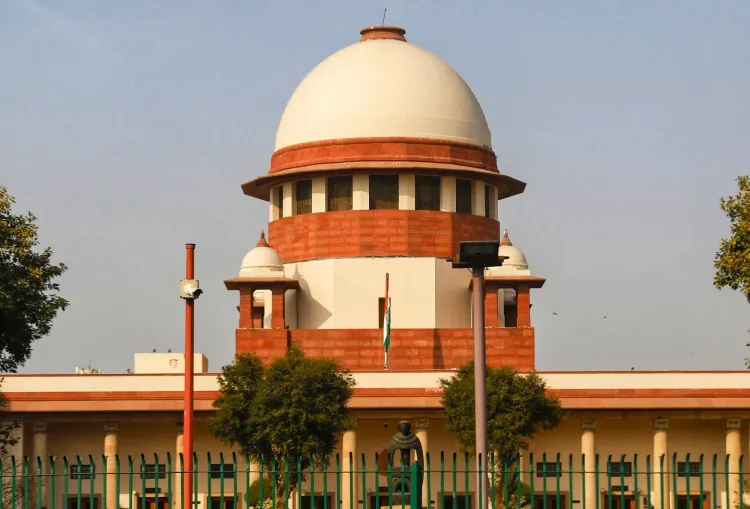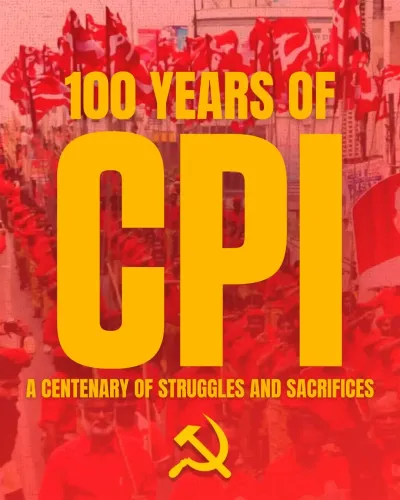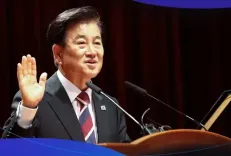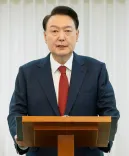Can OBC Candidates Who Avail Age Relaxation Seek Unreserved Posts?

Synopsis
Key Takeaways
- Supreme Court ruling emphasizes adherence to recruitment rules.
- OBC candidates utilizing age relaxation cannot claim unreserved seats.
- Age concessions do not alter the competitive landscape.
- Integrity of the recruitment process is paramount.
- Important to understand implications of recruitment policies.
New Delhi, Sep 9 (NationPress) The Supreme Court ruled on Tuesday that OBC candidates who utilize age relaxation during their recruitment as constables in the Central Armed Police Forces are prohibited from later applying for unreserved positions, even if their scores surpass the last selected candidate from the general category. This is in accordance with the recruitment rules that explicitly prevent such transitions.
A judicial bench consisting of Justices Surya Kant and Joymalya Bagchi overturned the Calcutta High Court's earlier decision that allowed OBC candidates to shift into the general category and mandated their recruitment under the unreserved classification.
The case originated from the recruitment process for the constable (GD) positions in the Central Armed Police Forces, which was managed by the Staff Selection Commission.
The age eligibility for candidates was set between 18 and 23 years, with OBC applicants receiving a three-year age relaxation.
Numerous OBC candidates, who took advantage of this age concession, were unsuccessful in the reserved category yet contended that they should be considered for selection in the unreserved category, as their marks exceeded those of the last successful candidate in the unreserved category.
The Calcutta High Court had based its decision on the 2010 ruling of the Supreme Court in the case of Jitendra Kumar Singh v. State of U.P., asserting that age or fee relaxations merely served as "aids to reservation" and did not disrupt the fairness of open competition.
It had ordered that the petitioners—OBC candidates—be evaluated in the general category.
However, the Supreme Court disagreed, emphasizing that the July 1998 Office Memorandum from the Department of Personnel and Training (DoPT) explicitly forbids such migration when concessions like age relaxation, additional attempts, or relaxed qualifications are utilized.
It also highlighted that OBC candidates participated in the selection process without objection and did not contest the constitutional validity of the Office Memorandum that governed recruitment.
Referencing multiple precedents, the bench led by Justice Surya Kant reiterated that when recruitment rules impose restrictions, candidates from reserved categories cannot shift to the unreserved pool.
"The eligibility of a reserved candidate who has used fee/age limit relaxation to compete with general candidates for unreserved seats depends on the specifics of each case," the apex court stated.
"If there is no restriction in the recruitment rules or employment notification, such reserved candidates who perform better than the last selected unreserved candidate should be allowed to migrate and be appointed against unreserved seats. Conversely, if rules impose restrictions, these reserved candidates cannot transition to general category seats," it clarified.
On allowing the Union government's challenge against the Calcutta High Court's decisions, the Supreme Court concluded: "Since the respondents (writ petitioners before the Calcutta HC) took advantage of the age concession to participate in the recruitment process, in direct violation of the office memorandum dated July 1, 1998, the High Court erred in applying the Jitendra Kumar case ratio. The contested judgments are hereby annulled."










